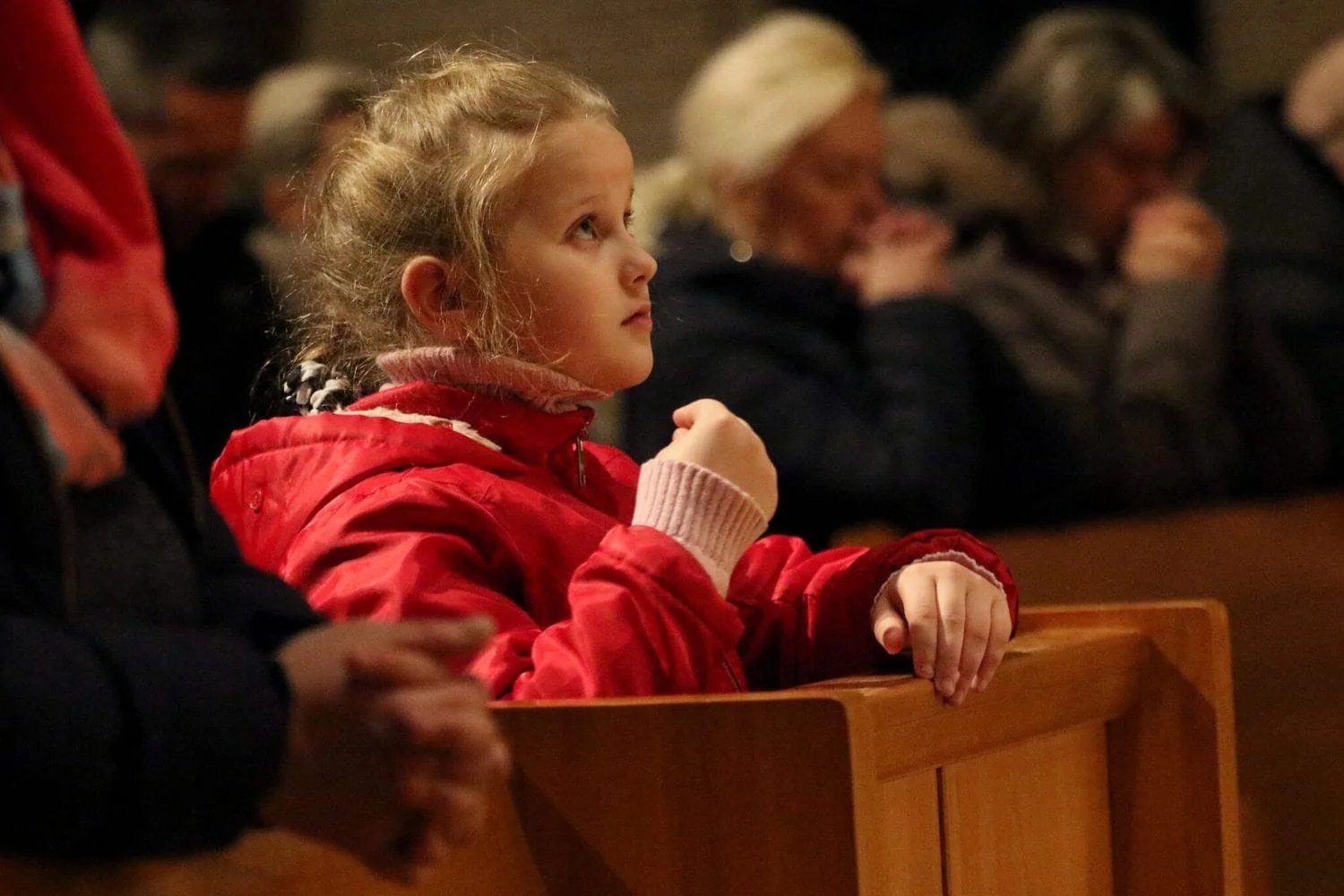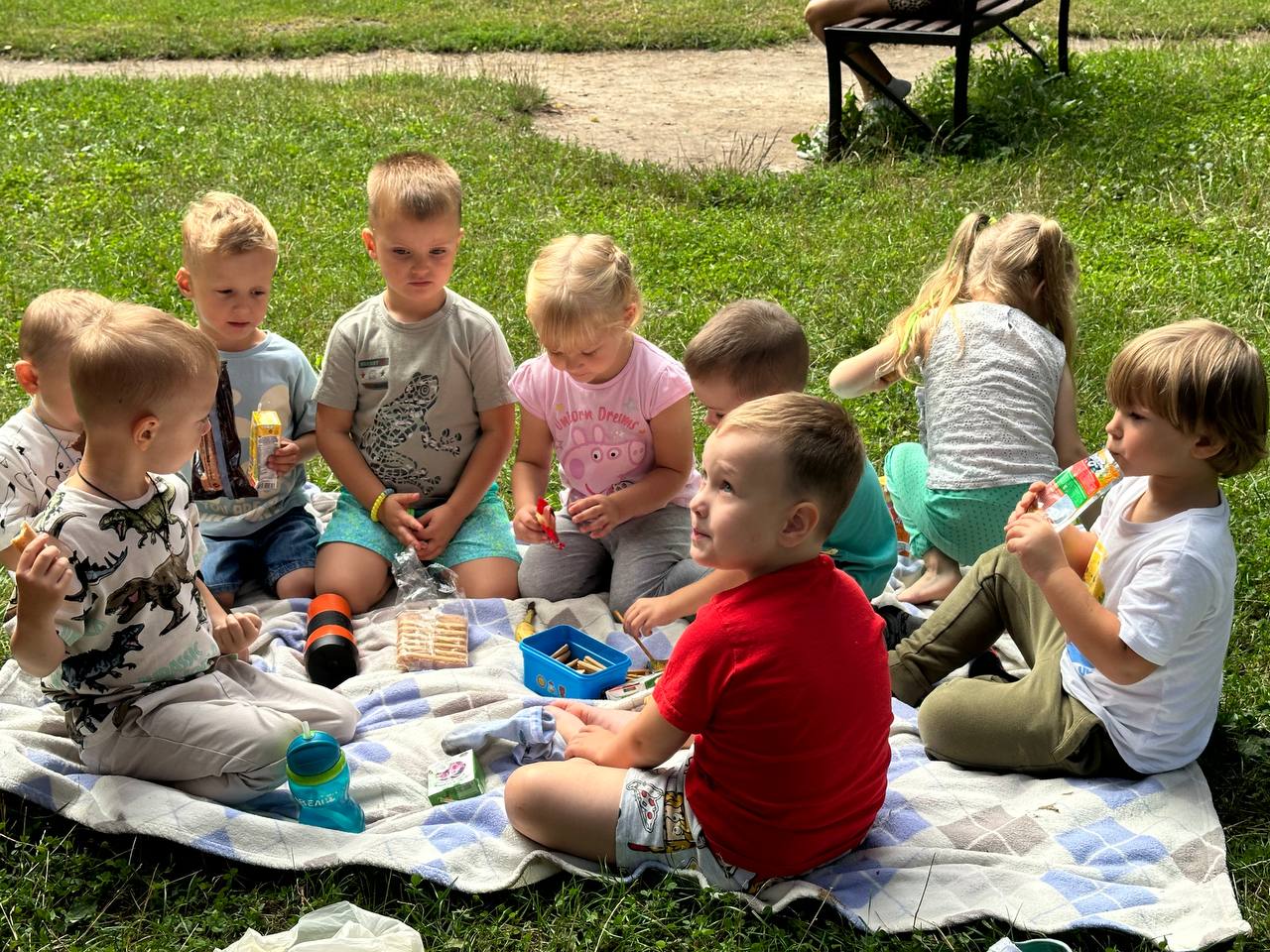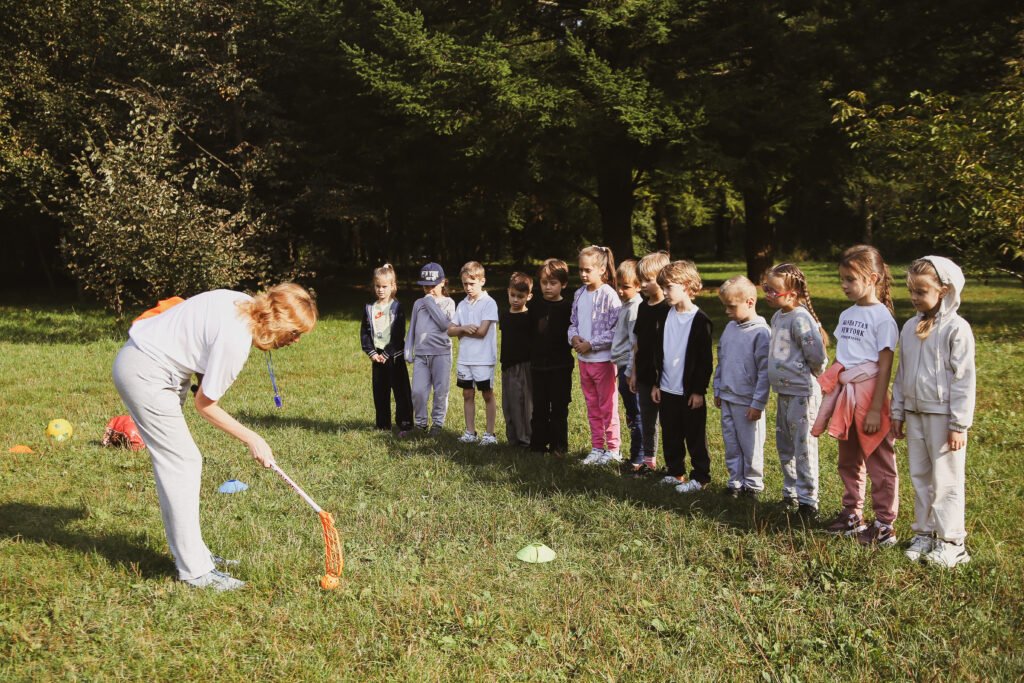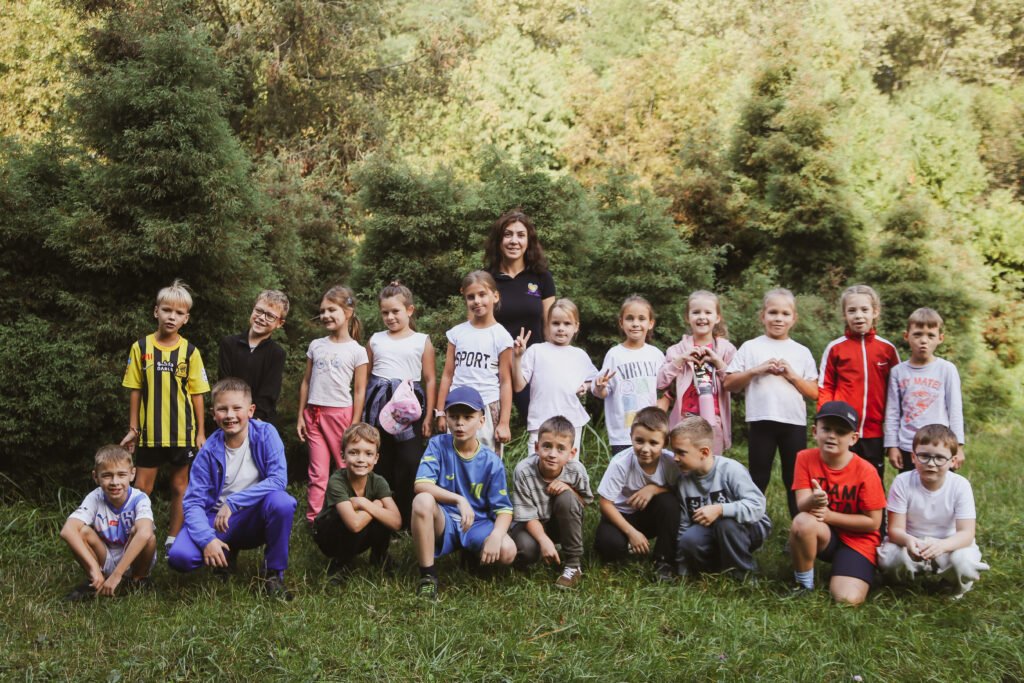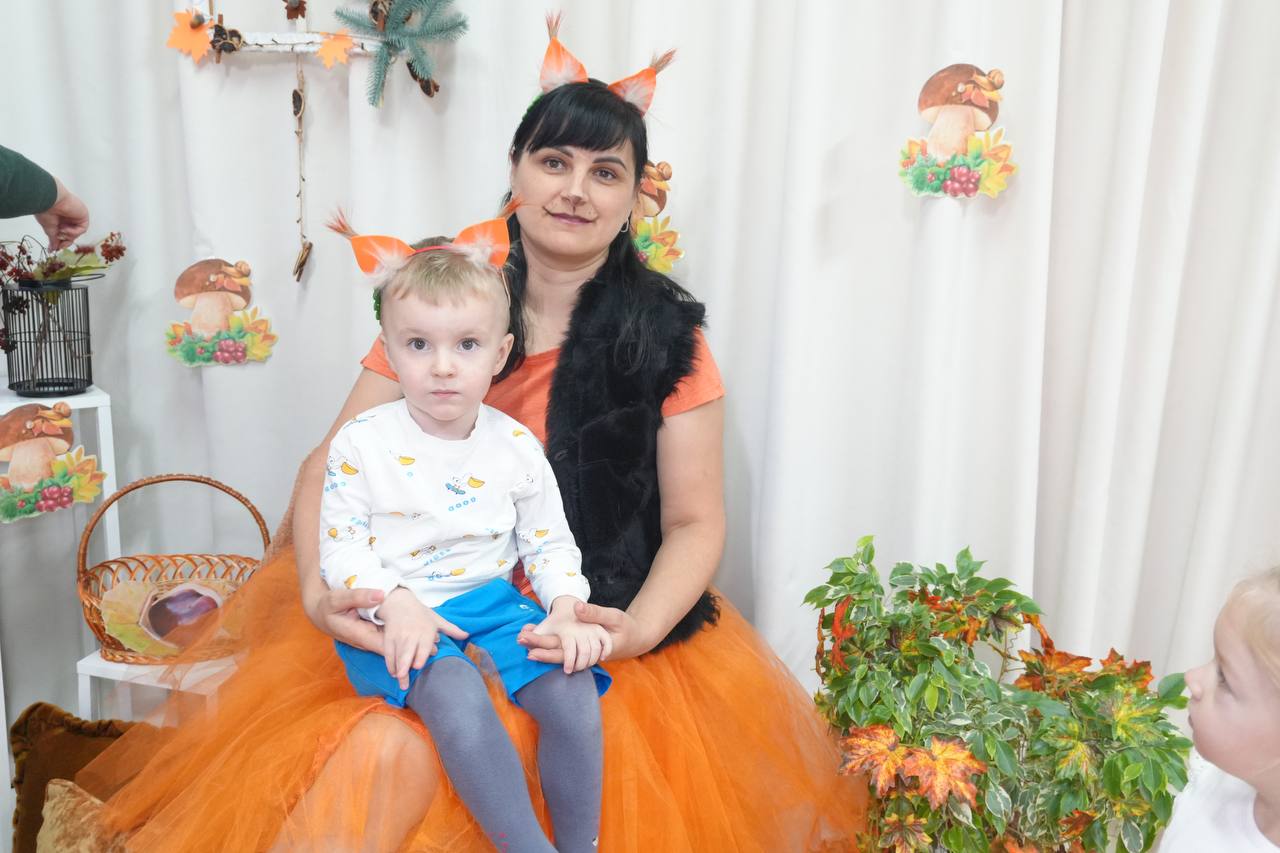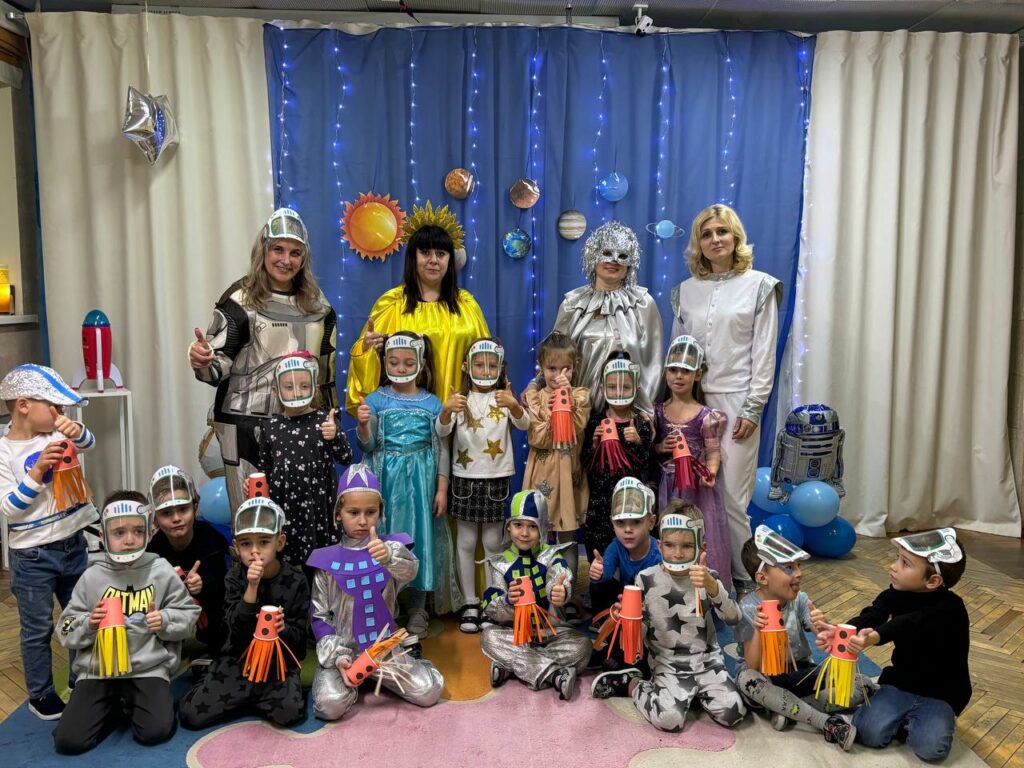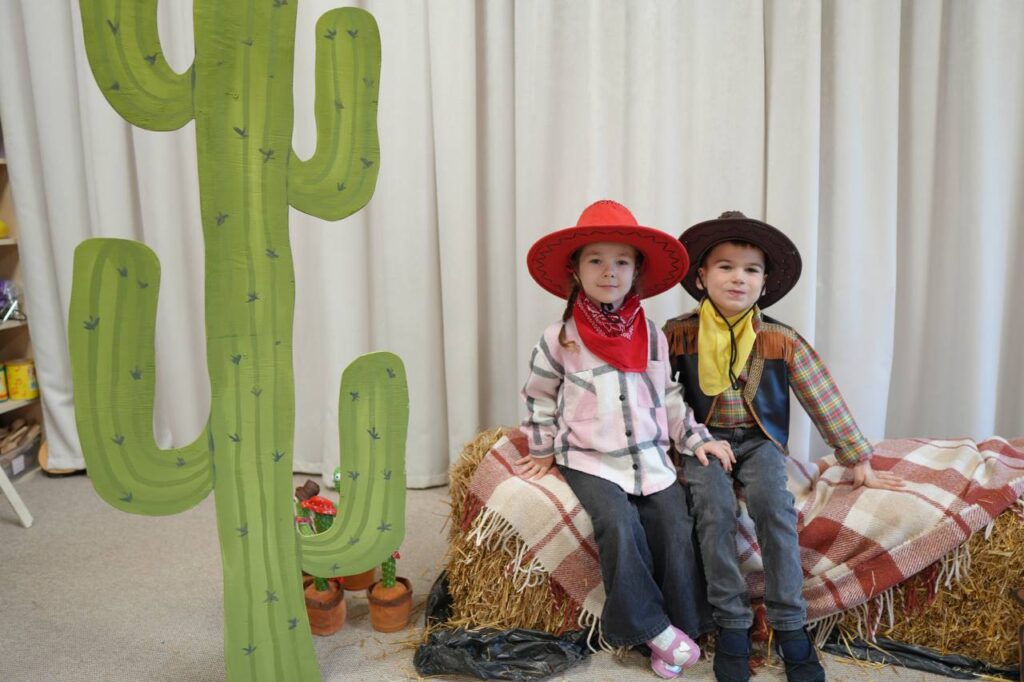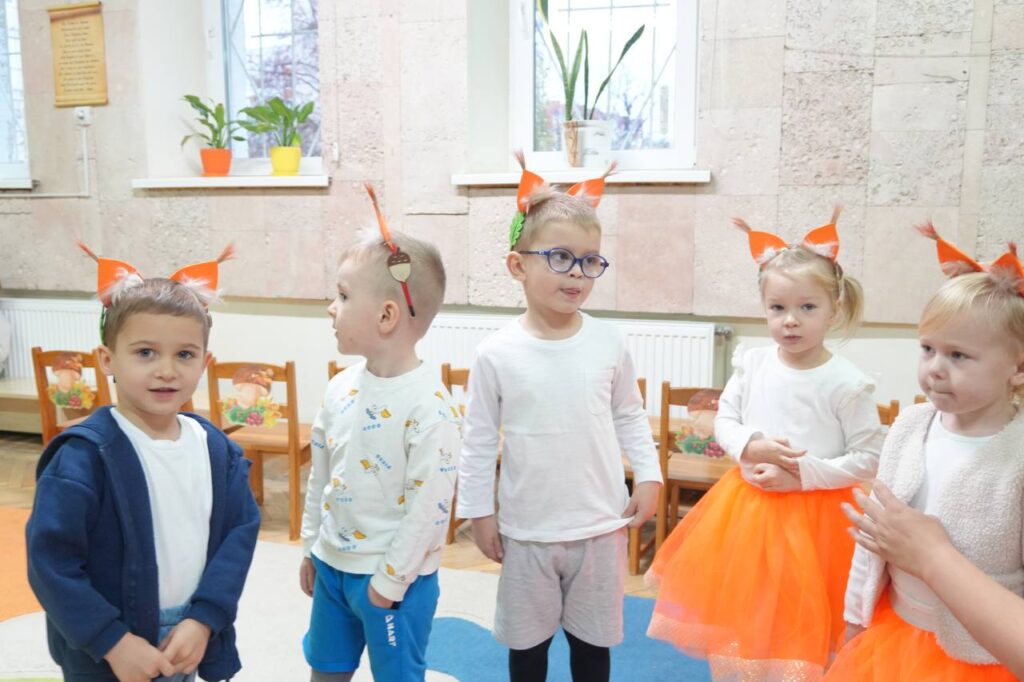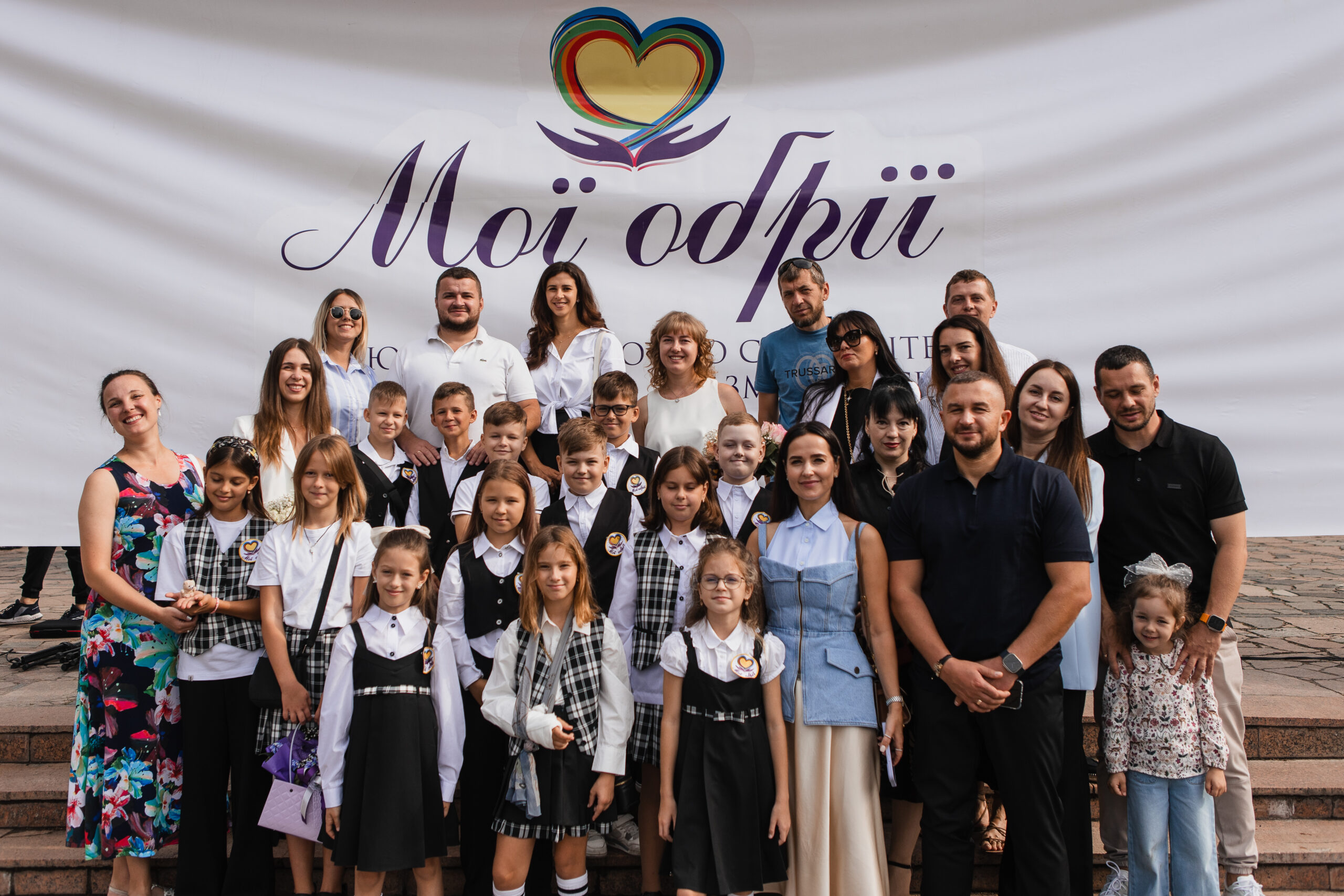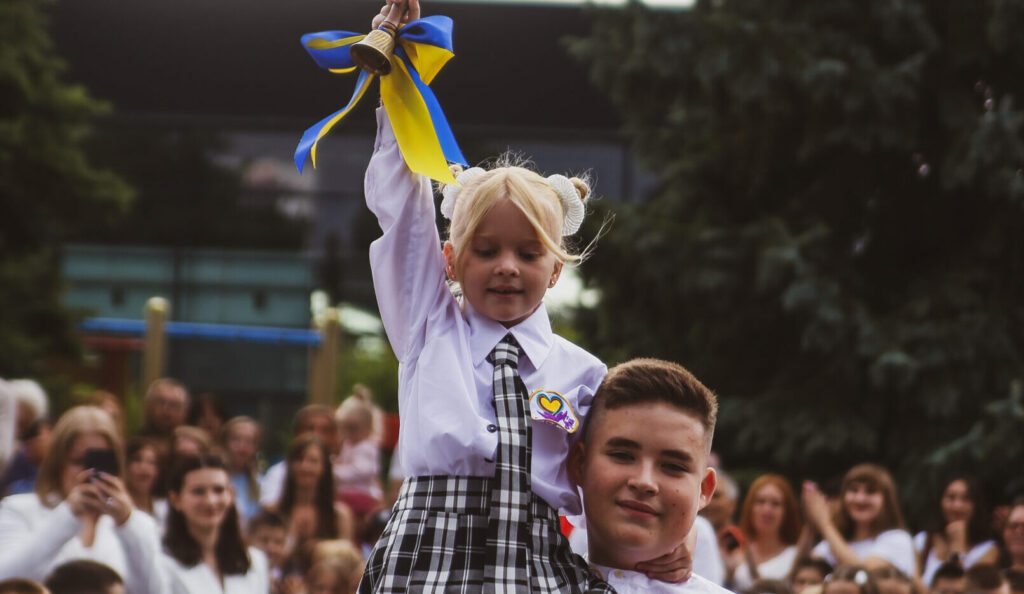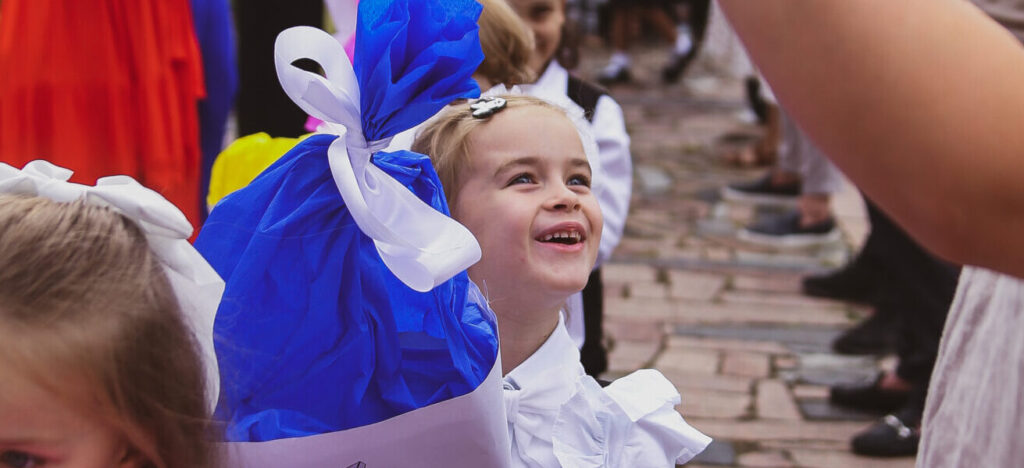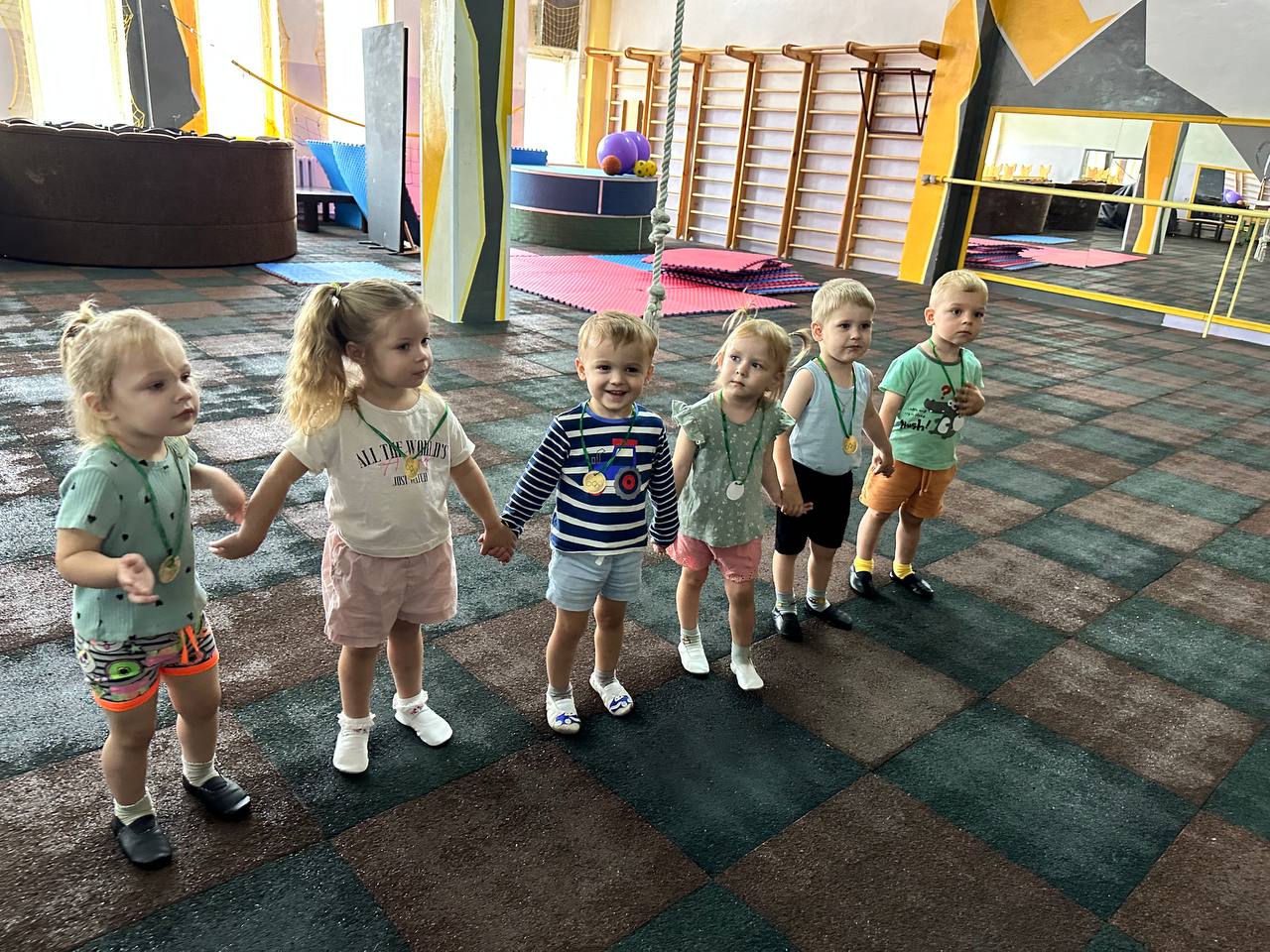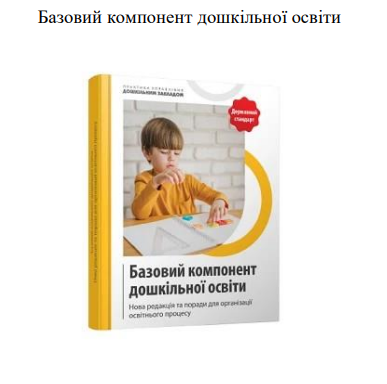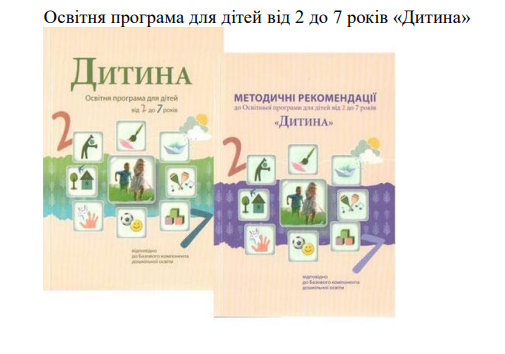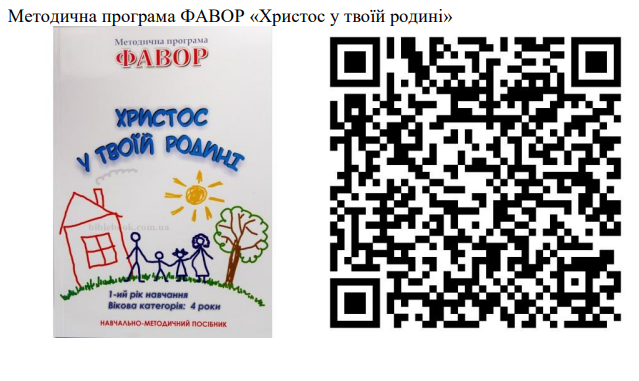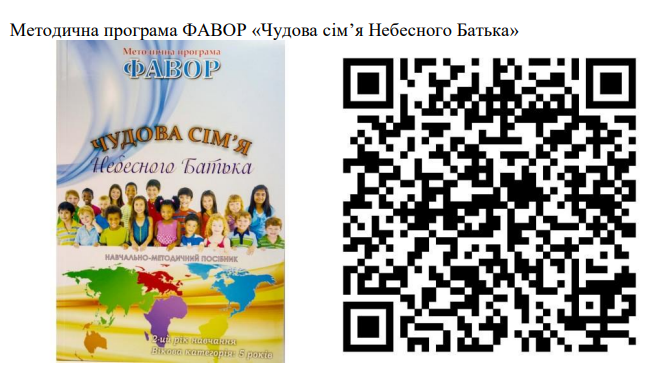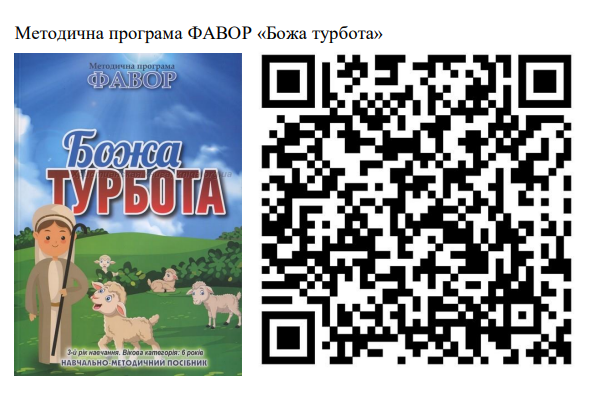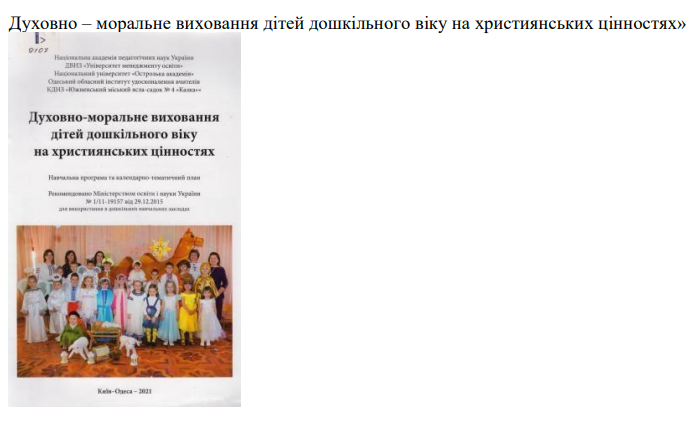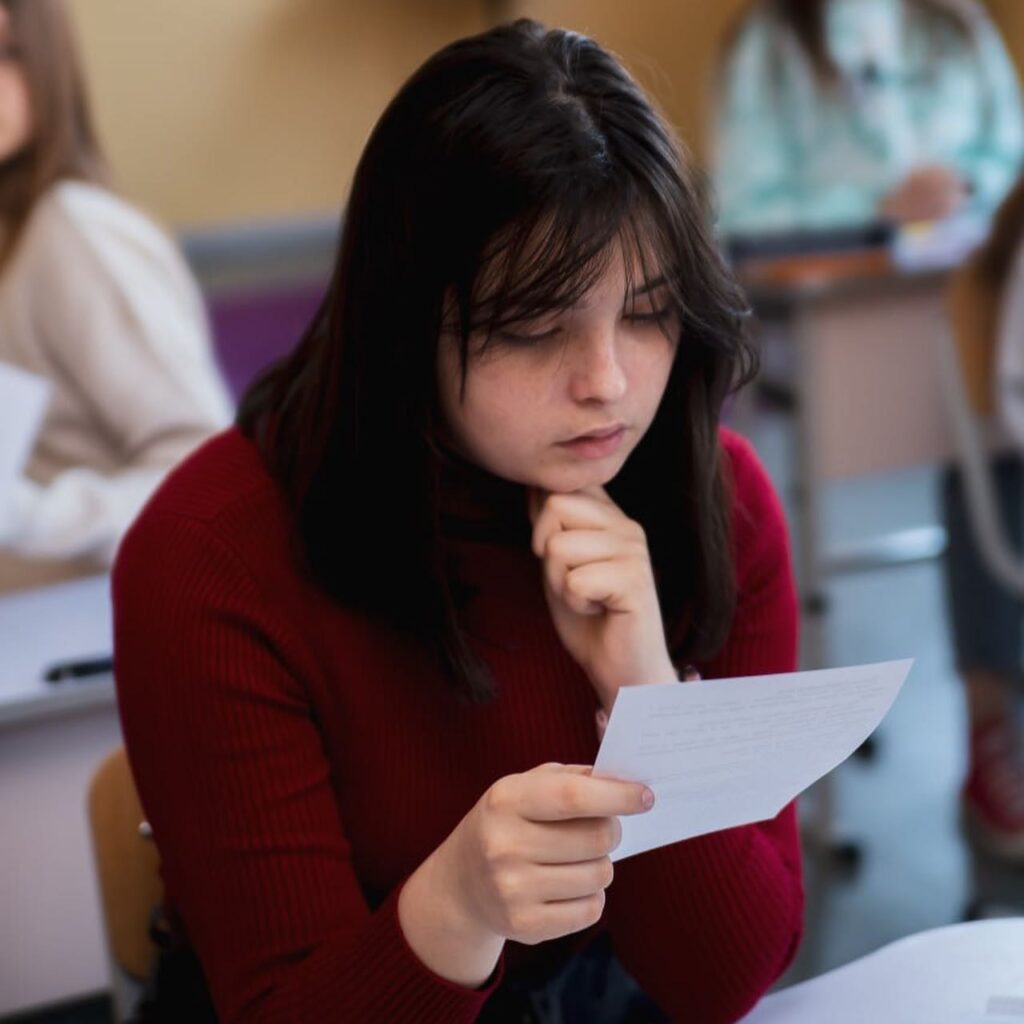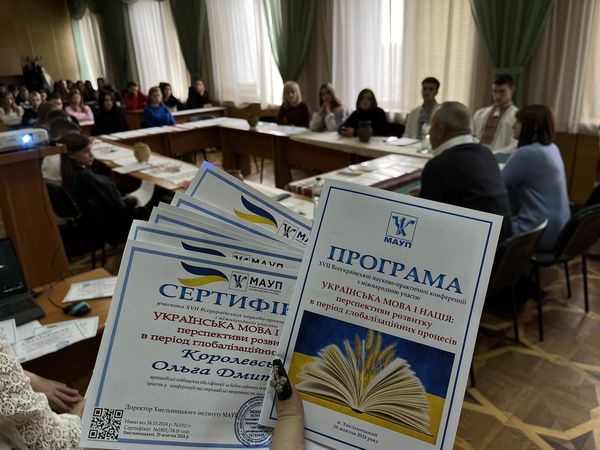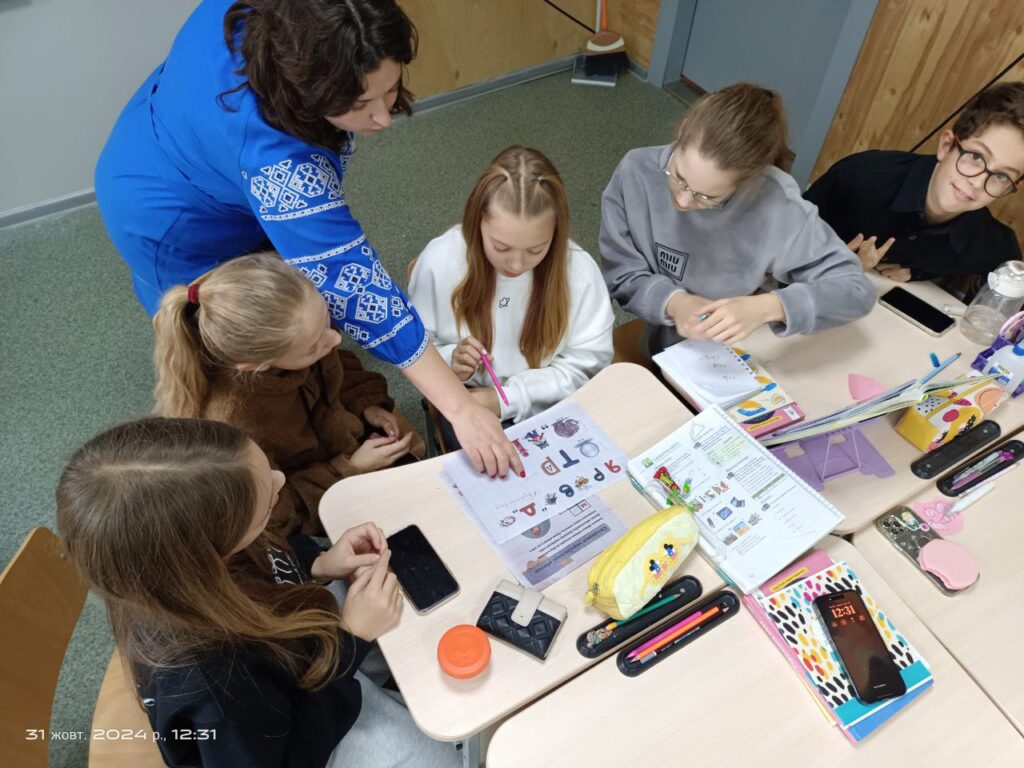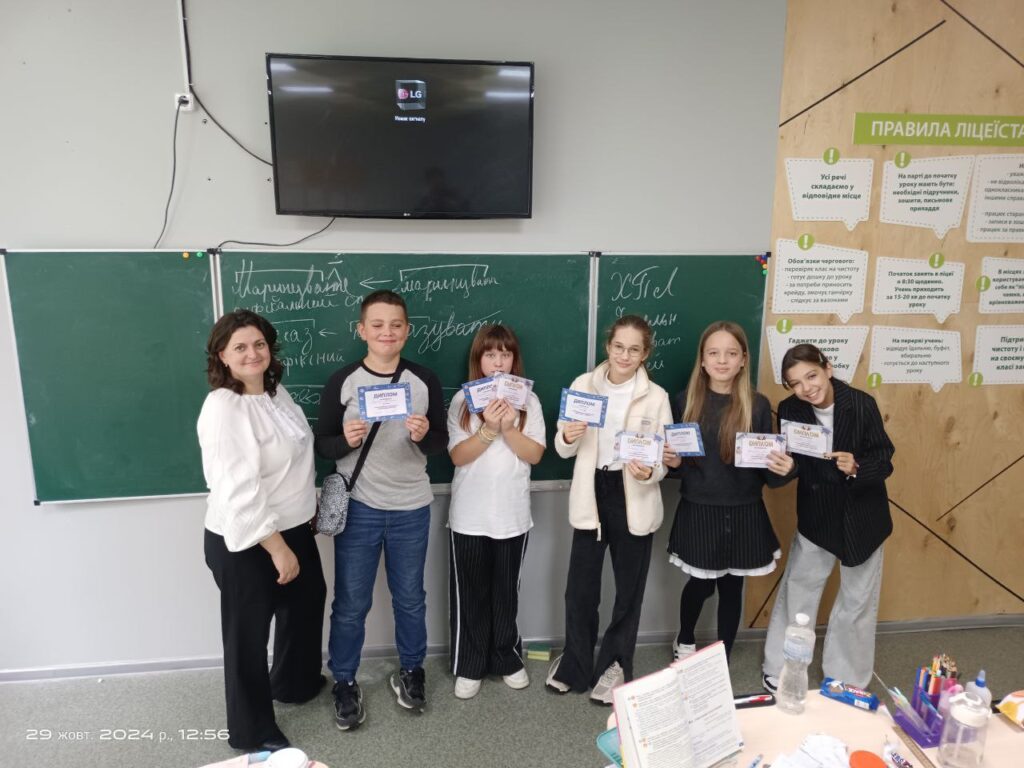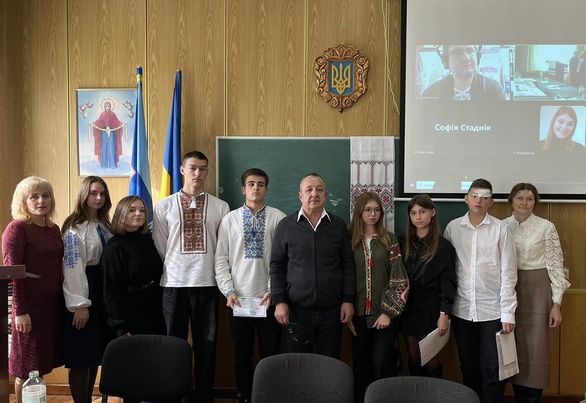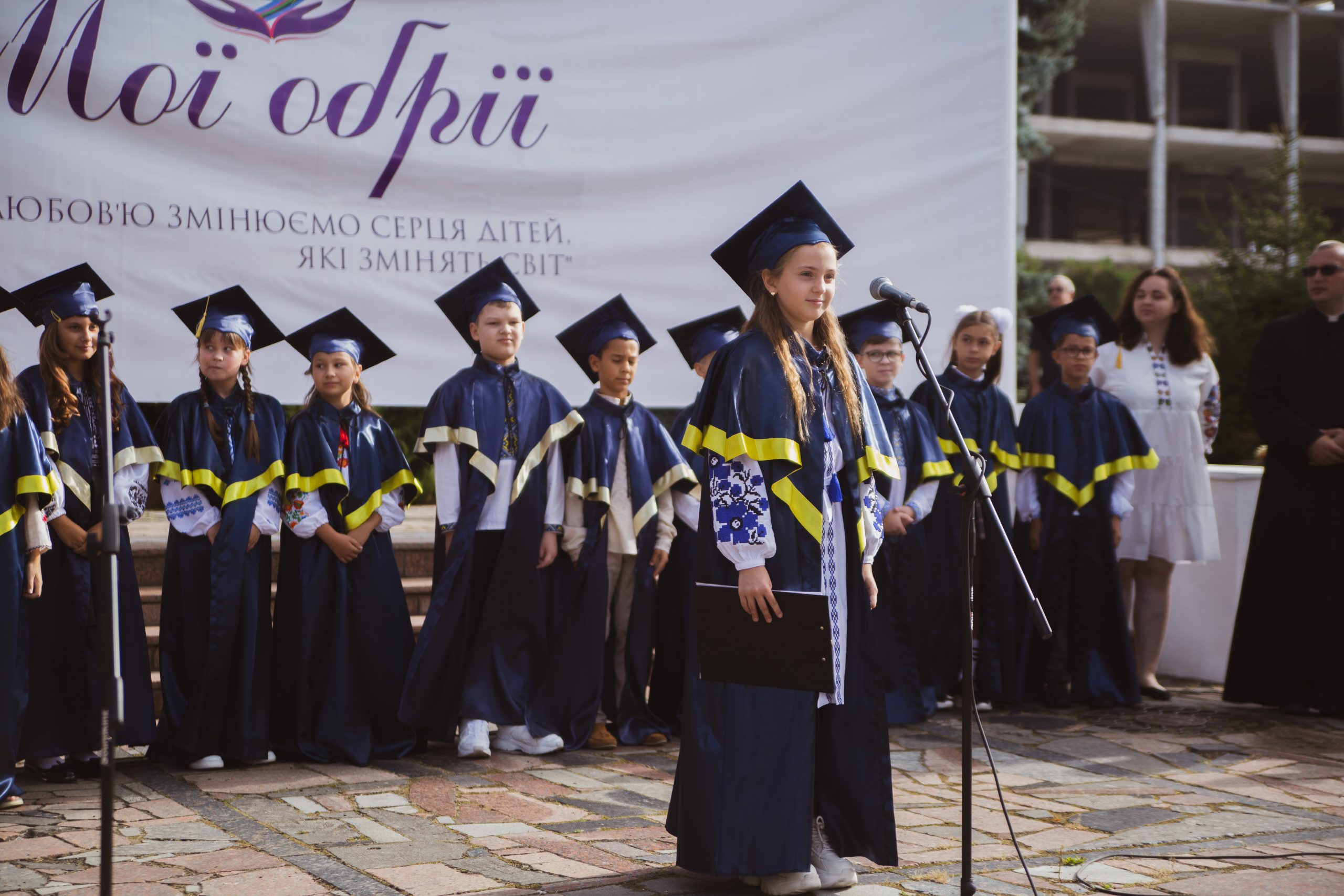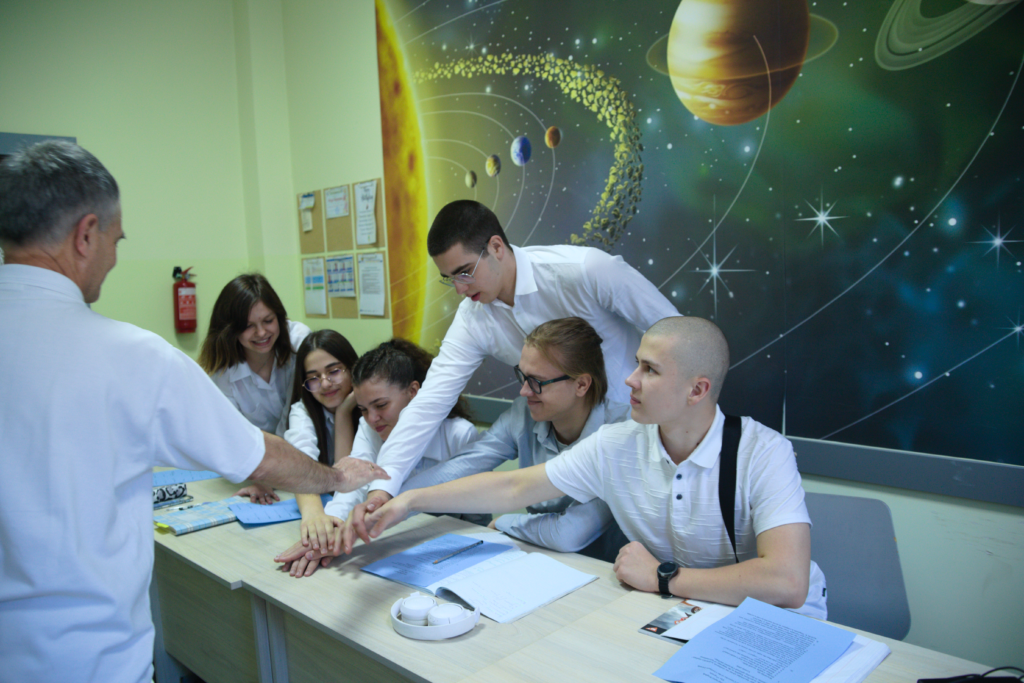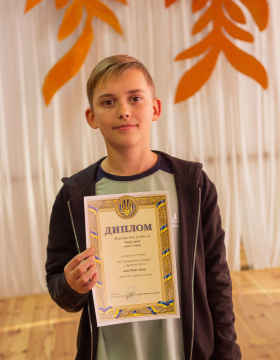Can education be both intellectually strong and morally oriented? Christian education answers this question unequivocally: yes. Historically, it has become the foundation of modern humanitarian thought, and today it is again at the intersection of the main demands of our time.
Even though the world is changing rapidly, the values on which a personality is built remain unchanged. In times when the educational space is becoming more and more technocratic, parents are increasingly turning to Christian education as a way to a deeper, more holistic formation of a person.
Christian education is not only about faith. It is a system that forms thinking, responsible, ethical individuals.
What distinguishes Christian education from secular education?
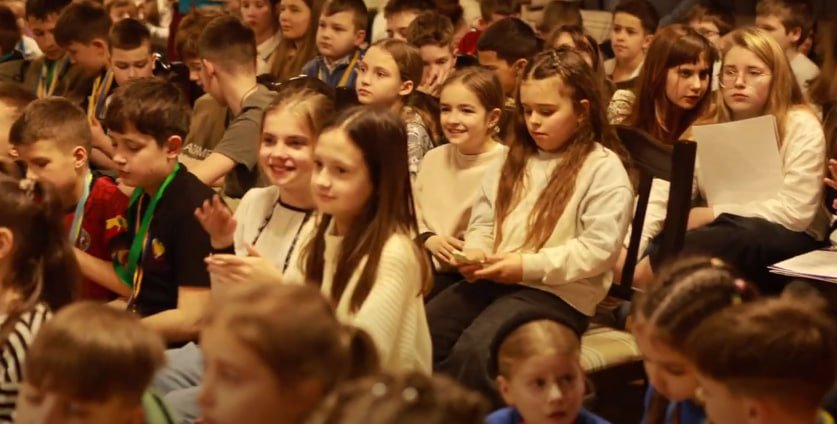
Firstly, it is the depth with which it approaches the formation of the individual. It is not just the transfer of knowledge, but the upbringing of a person with values, moral responsibility, and the ability to make meaningful choices. Here are three key features that make it unique:
- Meaningfulness of learning. In Christian educational institutions, education is not just the sum of knowledge. It is the formation of a holistic worldview. Here, students are taught to think not only “how?” but also “why?”, “who does this serve?”, “what is my responsibility for the result?”.
- Respect for human dignity. The center of the model is a person created in the image of God. Therefore, such institutions take special care of inclusion, psycho-emotional health, and the development of a child’s strengths, not just his or her grades.
- Social mission. Christian education is focused on service. It is not about self-centered growth, but about how to use your gifts for the benefit of others. Many graduates of such universities choose social activities, charity, international law, education, and medicine.
In the context of war, global crises, and moral relativism, we as a society are rethinking the concepts of power, authority, and freedom. Christian education provides an answer not at the level of trends, but at the level of principles: truth matters, service is honor, and leadership is primarily a responsibility.
Quality recognized in the world
Many of the world’s most prestigious universities were founded as Christian educational institutions. Harvard, Yale, and Princeton are today top universities in the United States, but they started as theological schools designed to form the clergy and intellectual elite. The same is true of Cambridge, Oxford, the Sorbonne, and the University of Leuven, the pillars of the European humanitarian tradition.
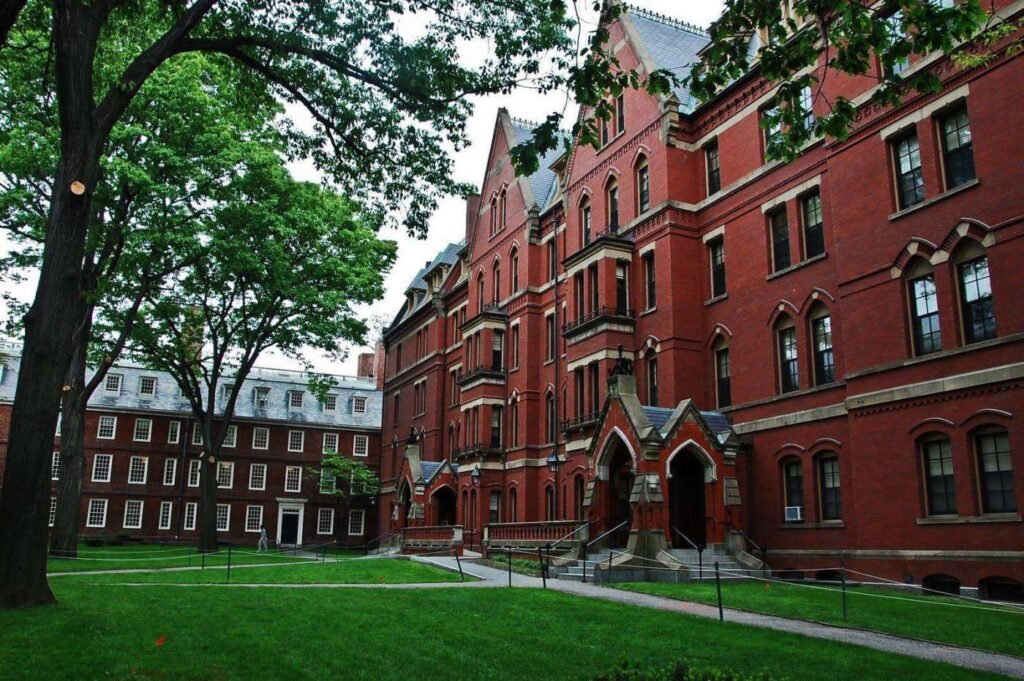
These institutions have managed to combine the depth of spirituality with academic excellence, and that is why they have remained leaders in the fields of science, ethics, diplomacy, and art for centuries.
Among the universities with Christian roots are dozens of those included in the QS, THE, Shanghai Ranking, namely:
- Harvard University — founded by the Puritans, one of the most authoritative universities in the world.
- Yale University — theological tradition, focus on the humanities and leadership development.
- The Sorbonne is one of the first theological centers in Europe and still sets the tone in philosophy and cultural studies.
- The Catholic University of Leuven (Belgium) has been an intellectual center of philosophical thought since the 16th century.
- Georgetown University (USA) is a Catholic (Jesuit) university with a powerful faculty of international relations.
- St. John’s University in Tanzania provides education for community and church leaders in Africa.
A strong humanitarian component, interdisciplinary, and consistently high academic results prove that Christian values do not limit but enhance the quality of education.
In conclusion
Christian education is a synthesis of deep knowledge, an ethical foundation, and genuine concern for the individual. If you are looking for an environment where a child will not only receive a diploma, but will be formed as a morally strong, socially mature person, Christian education remains the best choice.
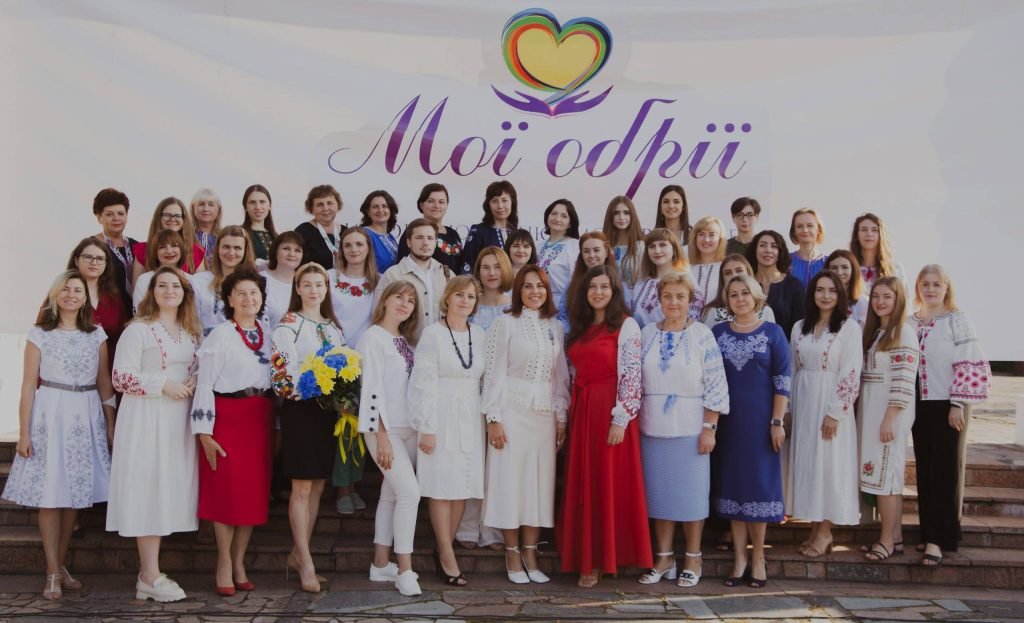
This is exactly what My Horizons Private Lyceum in Khmelnytskyi is. We combine academic excellence with Christian values, forming a generation of children who not only know how to learn, but are also able to think, empathize, and serve others. Here, every child grows up in an atmosphere of respect, care and faith in their own potential.
